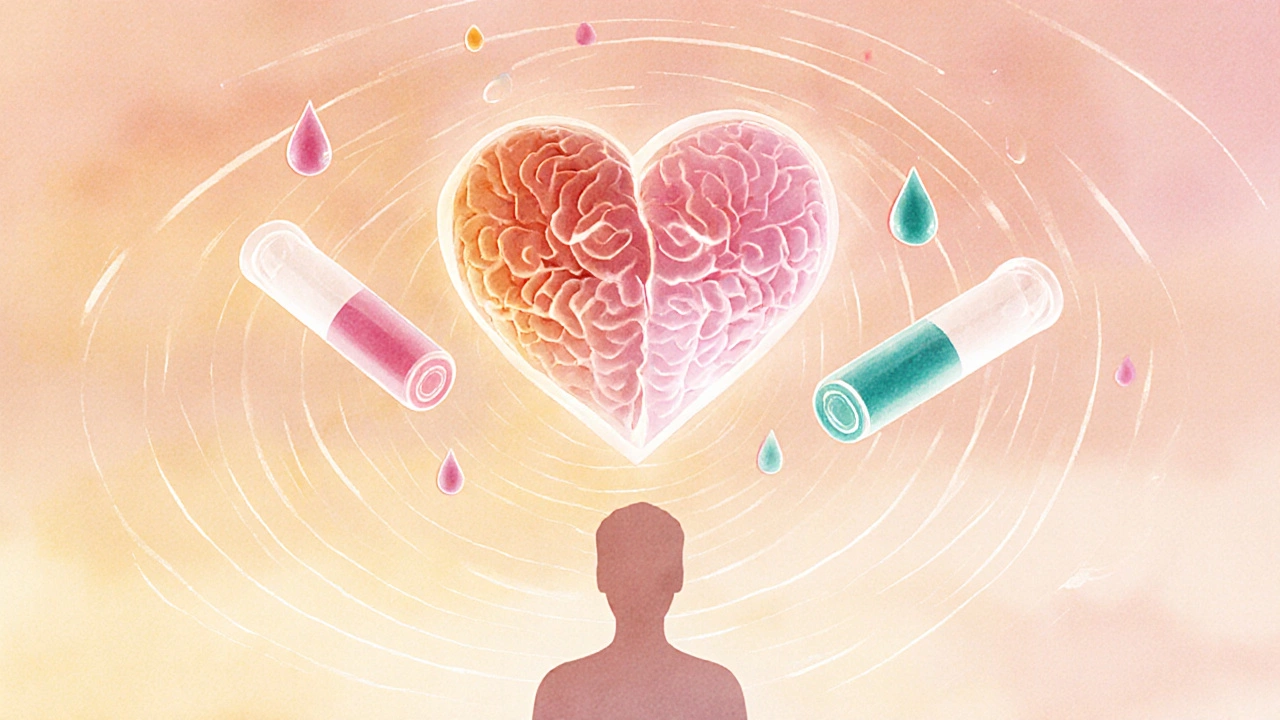Love Chemistry
When exploring love chemistry, the blend of biological, emotional, and social signals that spark a connection between two people, you quickly see it isn’t just a vague feeling. It encompasses attraction – the pull that makes you want to be near someone – and it requires communication that turns a spark into a lasting bond. Think of it as a recipe where dopamine, a neurotransmitter linked to pleasure and reward provides the sweet burst of excitement, while serotonin, the mood‑stabilizing chemical that helps feelings settle into trust balances the highs. Attraction, the magnetic pull that often starts with physical or personality cues launches the process, but without communication, the exchange of thoughts, feelings, and intentions, the chemistry fizzles out. This trio of biology, emotion, and dialogue forms the core of any romantic story you’ll read about, whether it’s a beach vacation that turns strangers into lovers or a simple text that sets the tone for future dates.
How Everyday Experiences Shape Love Chemistry
Travel, holidays, and even a short break from routine can tip the chemistry scales. When you book a vacation, the novelty triggers a fresh surge of dopamine as you explore new places, which research shows can amplify feelings of closeness with a partner. That’s why couples often report renewed spark after a getaway – the shared excitement fuels the brain’s reward system, reinforcing the bond. On the flip side, stressful trips can spike cortisol, a stress hormone that dampens both serotonin and overall mood, making arguments more likely. Understanding this lets you plan experiences that protect love chemistry: pick low‑stress destinations, schedule downtime, and use the adventure as a conversation starter. Even solo trips matter; stepping out of your comfort zone can boost self‑esteem, and self‑esteem is tightly linked to how much attraction you feel toward others. In short, the environment you create – whether it’s a quiet countryside retreat or a bustling city break – directly influences the neurochemical dance that underpins love.
Beyond travel, everyday habits shape the chemistry too. Regular exercise raises both dopamine and serotonin, giving you more energy for meaningful conversations. Mindful listening, a key part of communication, triggers oxytocin – another love‑related molecule – which deepens trust and reduces anxiety. When couples practice gratitude or share small daily rituals, they introduce positive feedback loops that keep the chemistry humming. If you ever wonder why a simple “thank you” or a spontaneous hug can feel so powerful, it’s the oxytocin boost working hand‑in‑hand with the dopamine reward you get from feeling appreciated. By recognizing these links, you can intentionally nurture love chemistry, turning it from a fleeting spark into a resilient partnership. Below, you’ll find articles that dive deeper into how vacations, mental health, budgeting for trips, and even breakup communication play into this delicate balance, giving you concrete steps to boost your own love chemistry.

Menu